Category: Latest News
-

Inclusive Entrepreneurship: Europe’s Untapped Advantage—If We Choose to Act
Brussels, June 2025 How close are we in Europe to achieving equality in entrepreneurship? For those of us committed to building a more inclusive business landscape, we have a kind of “equality thermometer” a comprehensive data report that shows where we stand, what progress we’ve made, and the challenges that still lie ahead: the OECD’s…
-

Support The New European
Help us build a more inclusive, innovative, and participatory Europe. At The New European, we believe that entrepreneurship and civic engagement should be open to everyone—regardless of background, gender, or migration status. Our work amplifies diverse voices, informs better policymaking, and inspires collaboration across borders. If you or your business shares this vision, you can support…
-
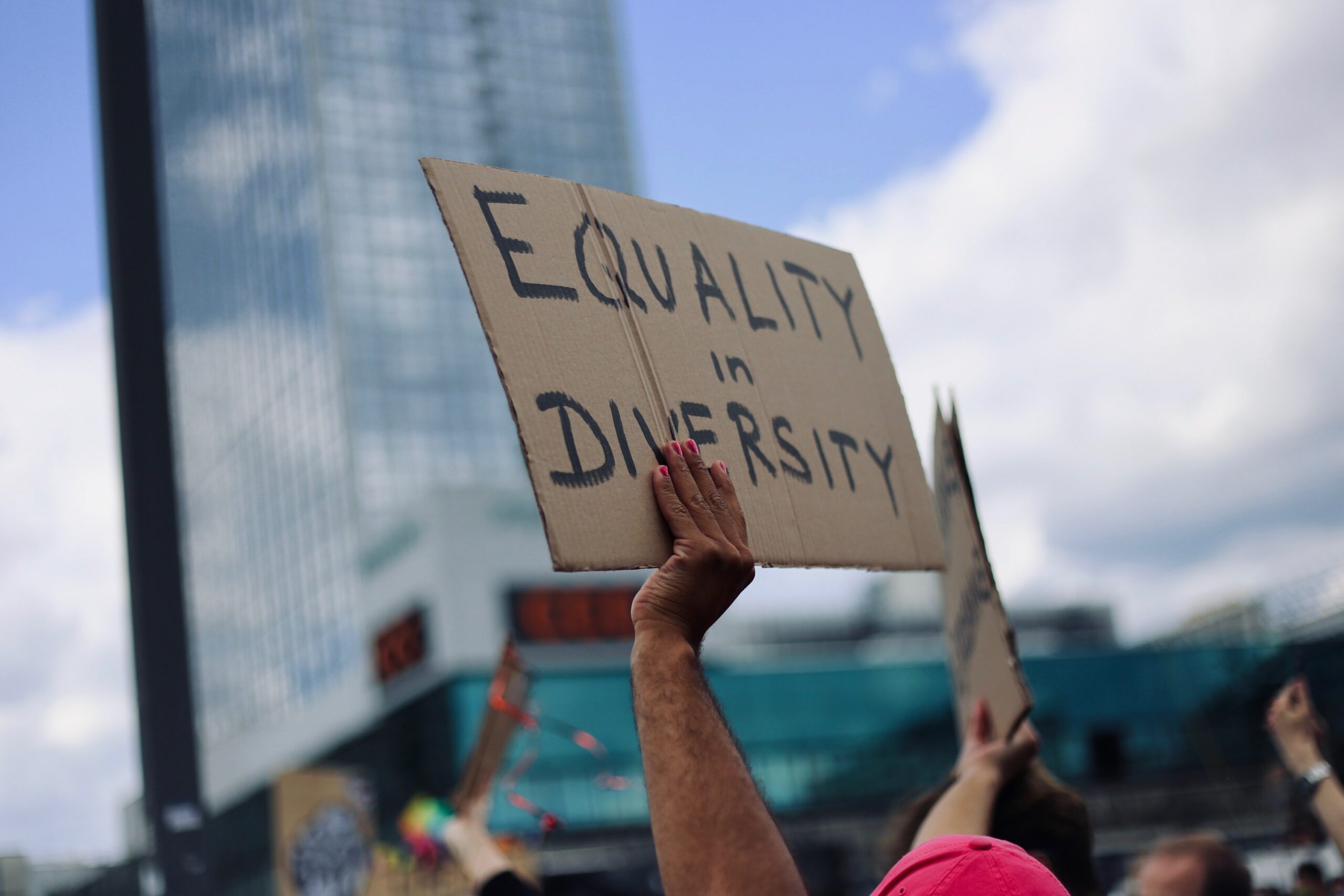
The Withdrawal of the Equal Treatment Directive: The EU’s Missed Opportunity to Close Legal Gaps
Earlier this year, the European Commission announced the withdrawal of its proposal for the Equal Treatment Directive, a key piece of legislation intended to close longstanding gaps in EU anti-discrimination law. First introduced in 2008, the directive had been stalled in the Council of the EU for over 15 years. It aimed to ensure equal…
-
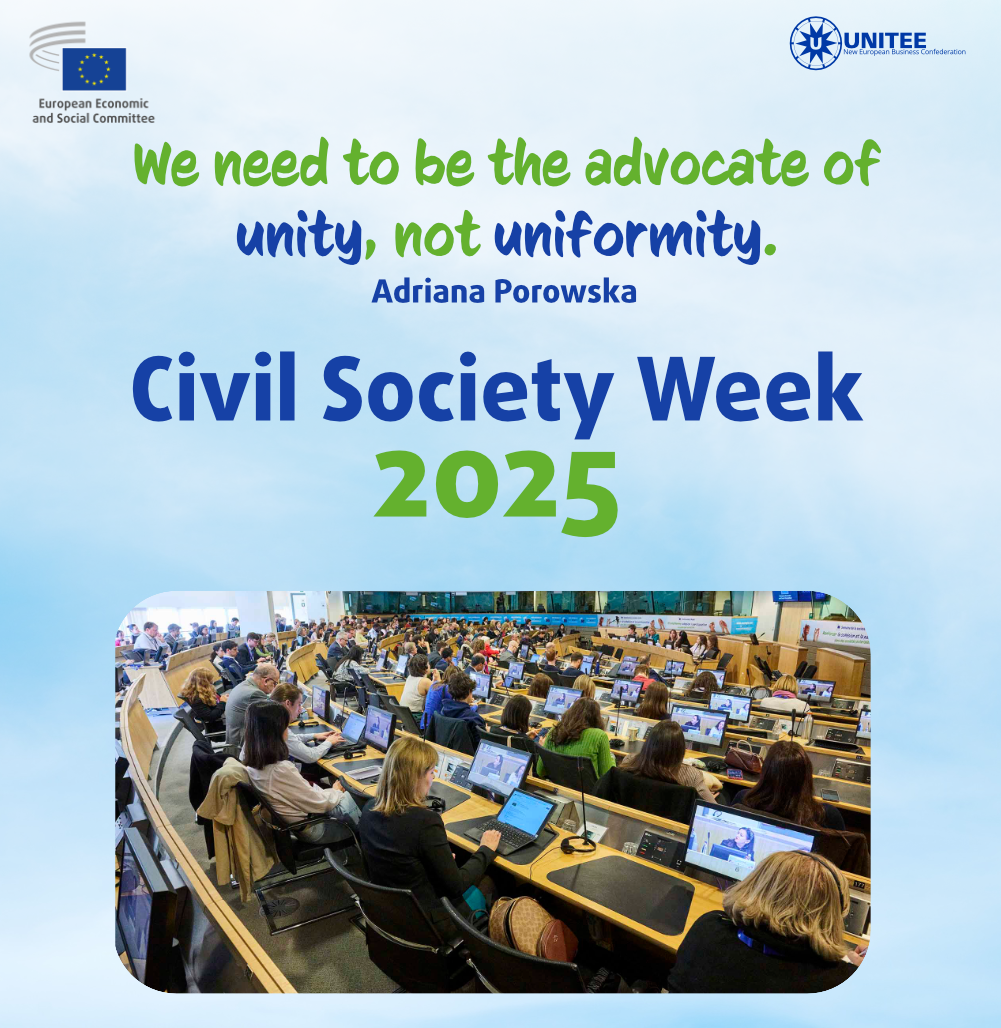
“We need to be the advocate of unity, not uniformity” — Civil Society Week 2025 calls for stronger CSOs
In an increasingly polarised society, how do Civil Society Organisations continue their essential labour? This was the question that all participants of the Civil Society Week pondered during the 4 days that the event lasted. “We need to be the advocate of unity, not uniformity.” said Adriana Porowska, Polish Minister for Civil Society. Calls for…
-
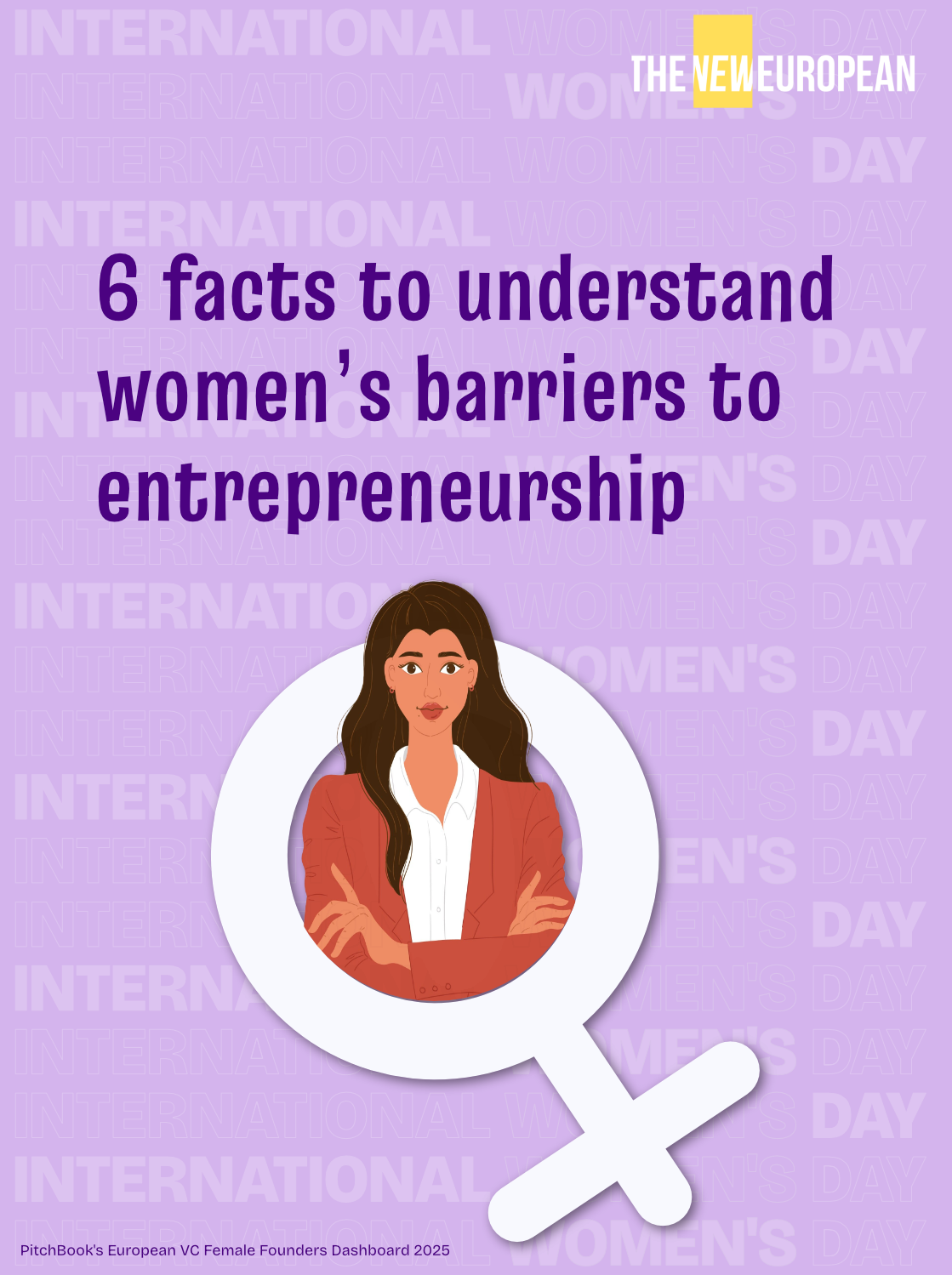
6 facts to understand women’s barriers to entrepreneurship
Today is International Women’s day. Despite all the progress made in the matter of gender equality, a lot remains to be tackled in the entrepreneurial world. Here you have 6 important facts to consider to understand gender inequality in the business sector: According to PitchBook’s European VC Female Founders Dashboard, in 2024 only 1.6% of…
-
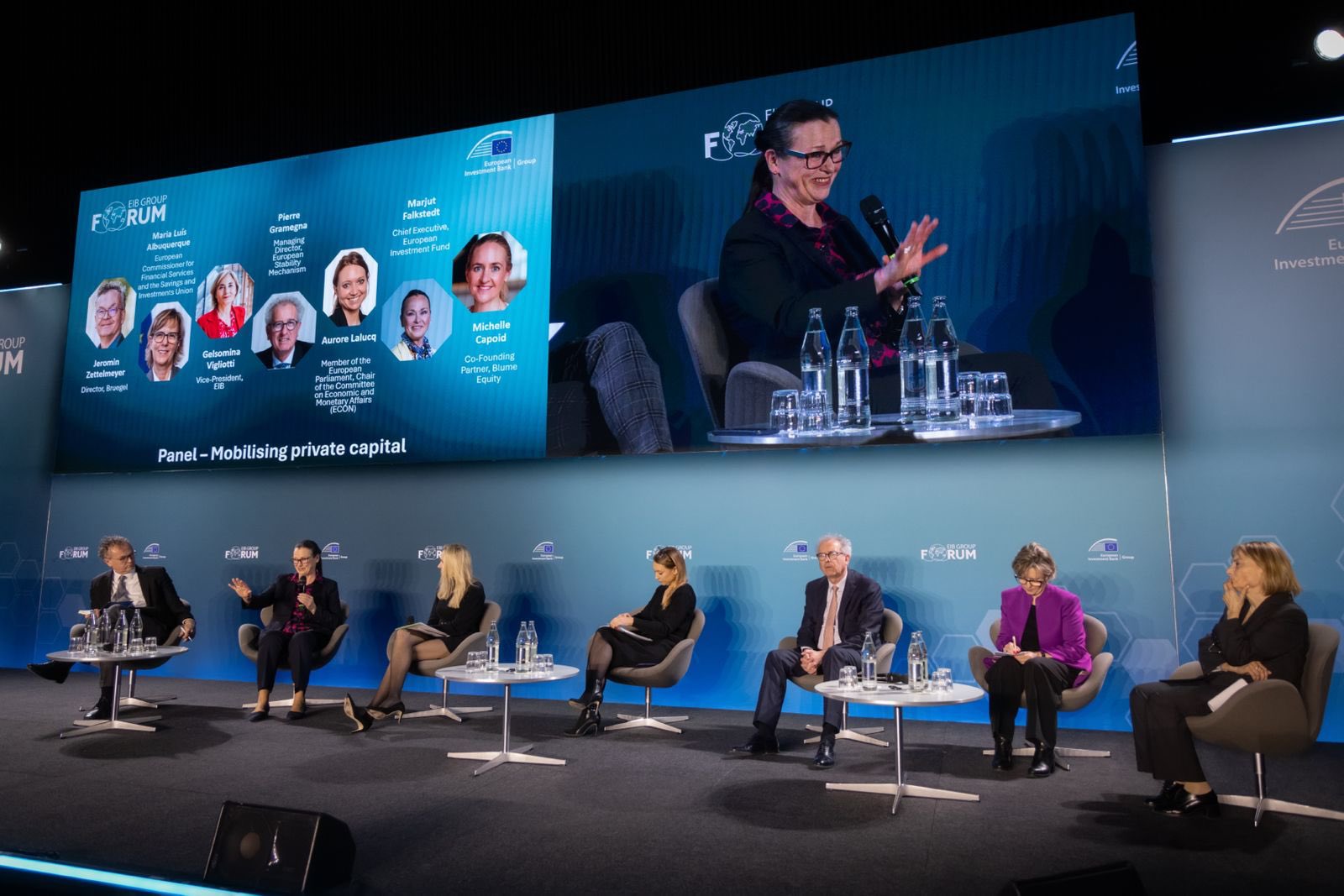
The EIB Group Forum: A Crucial Platform for Inclusive Entrepreneurship in Europe
As Europe grapples with economic uncertainty, rising inequality, and the urgent need for sustainability, the European Investment Bank (EIB) Group Forum stands out as a beacon of hope. This annual gathering, which took place in Luxembourg from March 5 to 7, serves as a crucial nexus for policymakers, financial experts, and business leaders to rethink…
-
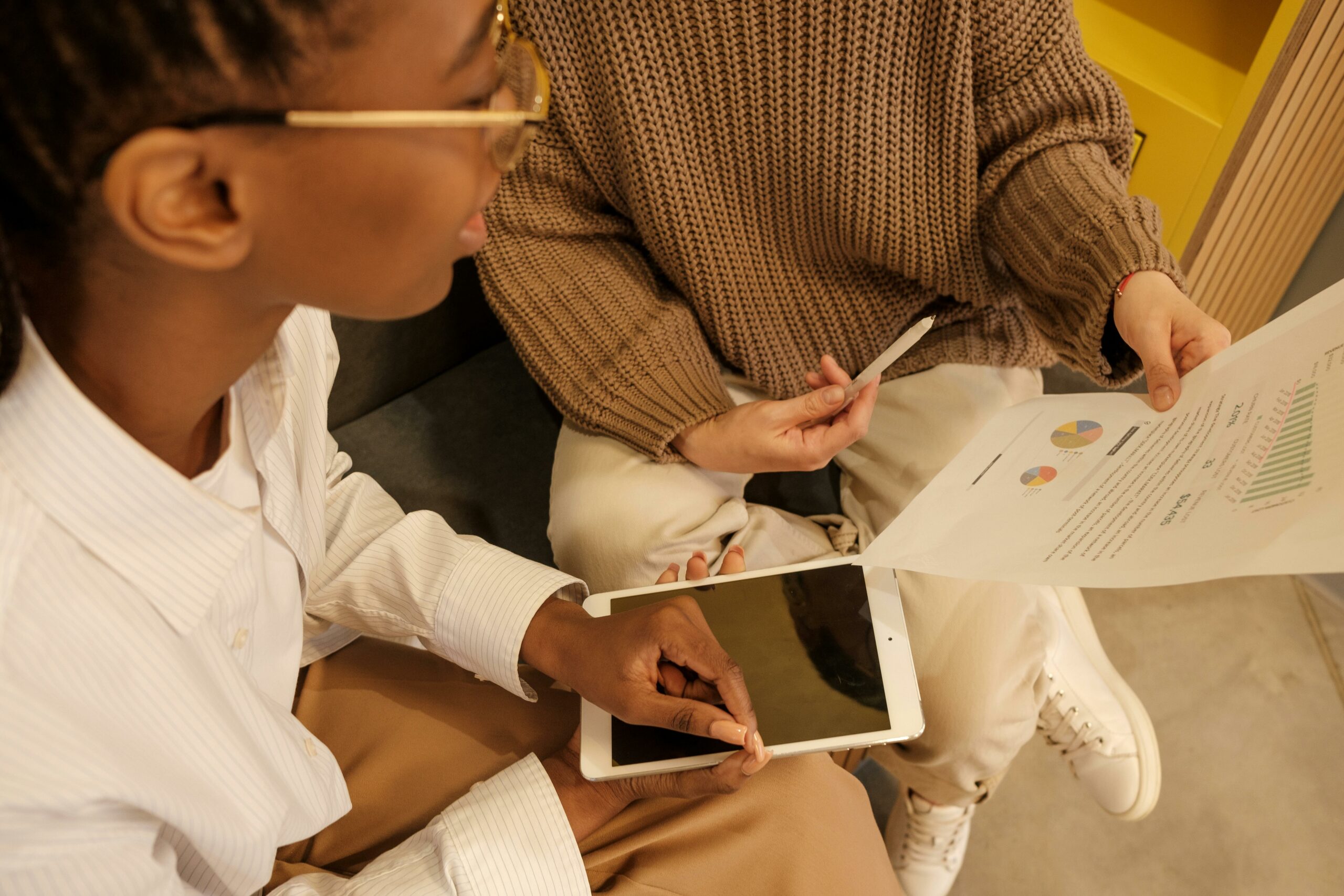
Are SMEs achieving digital transformation? Challenges and accomplishments
Digital transformation is arguably one of the most discussed concepts in European politics in recent years, always ranking quite high on the list of priorities for each government. There is, however, a question we rarely hear about: how are SMEs dealing with this new digital world? And, more importantly, how can we increase competitiveness in…
-
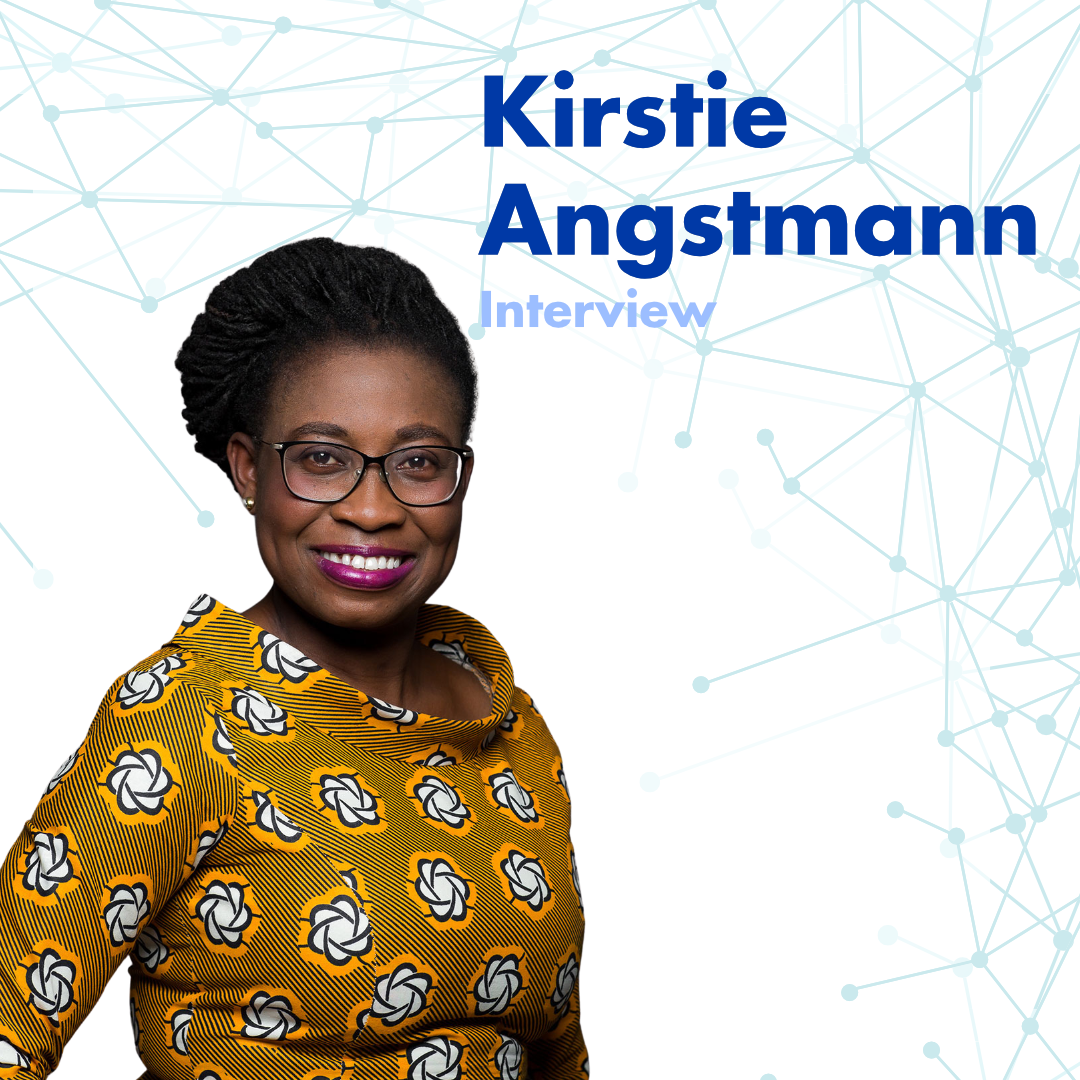
“We need to start addressing racism early” – Kirstie Angstmann reflects on migration, integration and opportunities
Kirstie Angstmann lives in Freiburg, Germany, but she was born in Ghana and moved to Europe many years ago. She has a background in cultural projects and has served on Freiburg’s Migrant Advisory Board and Women’s Commission for the last four years. She is a strong advocate for advancing the inclusion of migrants, minorities, and…
-
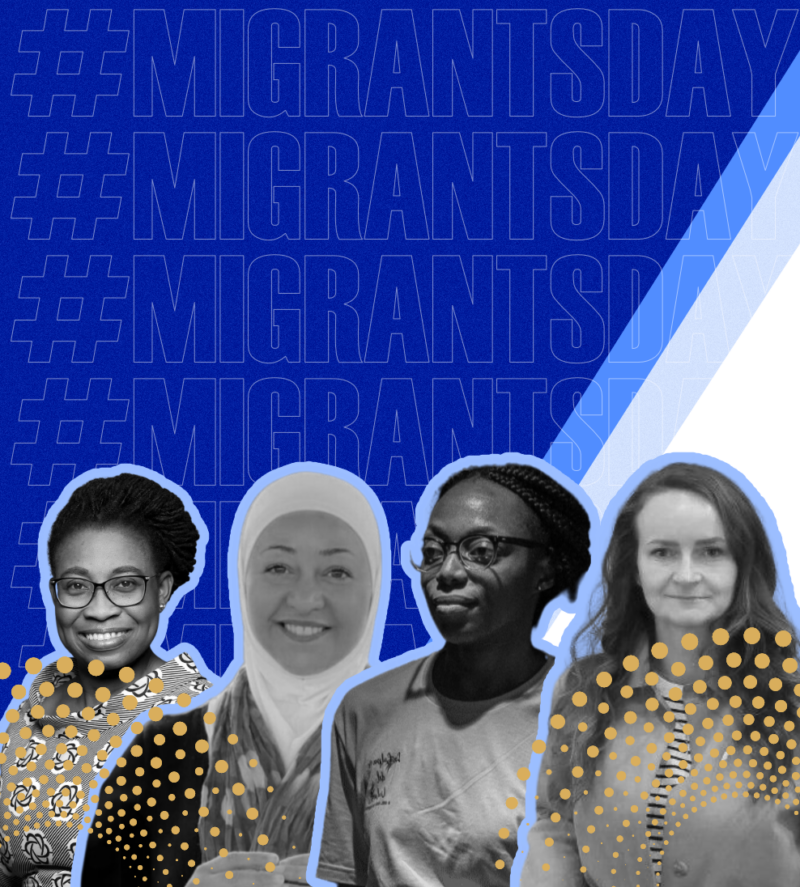
Celebrating the contribution of migrants: Championing business success and community engagement
If immigrants across the EU were as active in self-employment as 30-49 year old native-born men, there would be an additional 1.3 million self-employed immigrants (OCDE, The Missing Entrepreneurs 2023). Migrants indisputably contribute greatly to both their origin and their destination countries, yet they face heavy barriers to reach their full potential as entrepreneurs. Today…
-
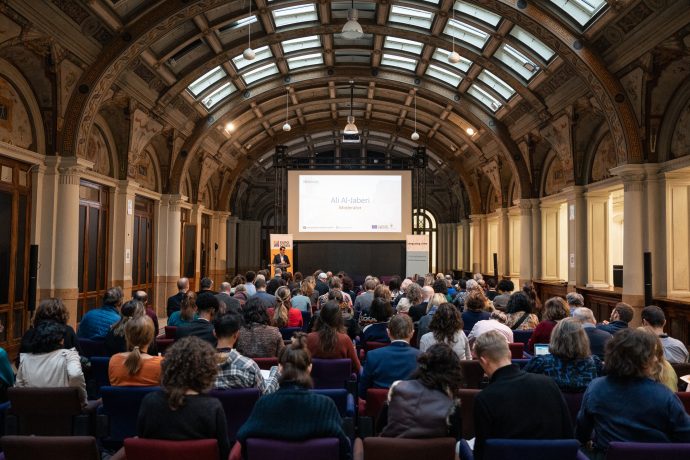
Building Inclusive Cities: Highlights from Bologna’s Integrating Cities Conference
Photo Credit: Eurocities ‘Bolognesi. Dal primo giorno’. (‘Bolognese. From the first day’). These are the words that welcome you to the city of Bologna, written boldly on a red banner at the front of the city hall.